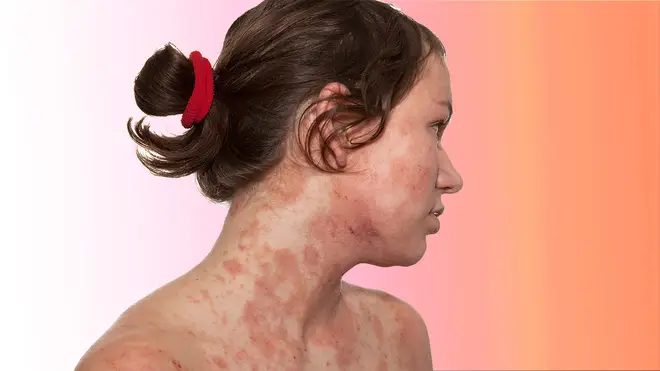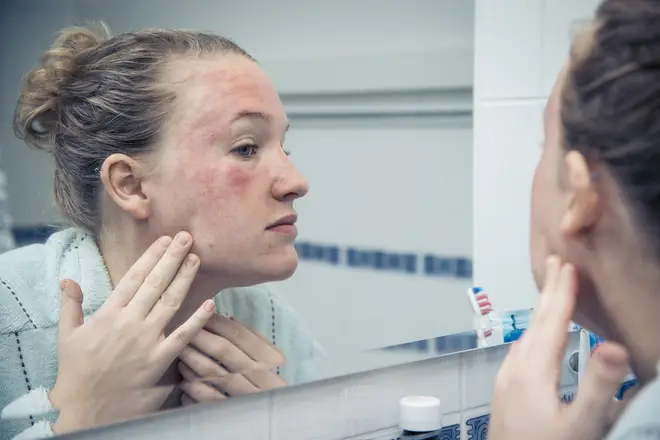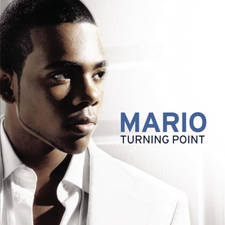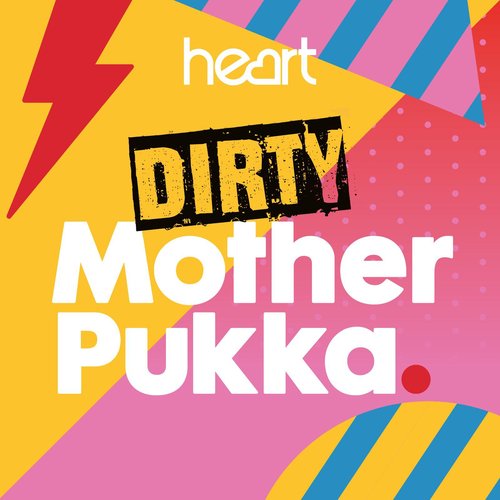Dermatologist shares top tips for treating eczema - and busts myths about painful skin condition
4 October 2019, 15:39

After new research revealed over a third of popular YouTube videos about eczema are potentially harmful, an expert explains why it's vital for sufferers to ask a doctor for help - not social media.
New findings by the British Association of Dermatologists revealed that 36 per cent of the most viewed eczema videos on YouTube are potentially harmful.
The study analysed the quality of information provided in the 100 most-viewed videos on YouTube – which have a combined total of 8,527,624 views - meaning a lot of people could have been negatively effected.
Dr Max Malik, a leading cosmetic doctor and aesthetic dermatologist based in Birmingham and on Harley Street, is concerned that social media is a continually growing source of information for patients - but as it doesn't undergo review for scientific accuracy or quality it has the potential to be heavily biased to suit advertisers and indeed harmful.
He said: "Unfortunately there’s no cure for eczema, but there are steps that can be taken to help alleviate the symptoms and keep the condition under control.
"We’re often following advice that is shared as part of an advertising deal or to promote a certain brand’s treatments, rather than medically-based advice that’s bespoke to that particular patient’s concerns.
Read more: Mum claims bathing 3-year-old in breastmilk cured her eczema

"There’s a big difference between cosmetic claims and actual medical treatments and advice provided by a medical professional and specialist."
Eczema affects an astonishing amount of people – thought to be up to 15 million in the UK - and there are a number of different types of eczema, and so it is crucial to seek advice from a qualified specialist to find an effective treatment tailored to your specific needs.
Atopic dermatitis, or atopic eczema, mostly referred to as eczema, is the most common form, and symptoms often present in childhood and can range from mild to severe.
So how should you REALLY treat this chronic, painful condition? Here Dr. Malik shares his top tips...
• Moisturising
"Emollients, or moisturisers, can be used daily to prevent the skin becoming dry, this also helps reduce itchiness and redness. Applied directly to the skin they reduce water loss and protect the skin.
"These can be bought from a pharmacist or GP, depending on the severity of the condition. However as with any treatment, this should be used as medically advised. If emollients are used in the correct way, they have a steroid sparing effect, i.e. less steroid creams will be needed in the future to control the eczema."
• Steroids
In severe cases, topical corticosteroids, or steroids, may be applied in the form of a cream which help reduce swelling and redness. They're a man-made version of hormones normally produced by the adrenal glands (two small glands that sit on top of the kidneys).
These are used on a short term basis and may be prescribed for a set period to help control a flare-up.
• Antihistamines
Dr. Malik said: "Antihistamines can be an effective way of controlling the severe itching that is often associated with severe eczema.
"This can be a good way of preventing scratching, which in turn can cause skin damage and risk infection."
• Bandages or special body suits
"In some cases special medicated bandages, clothing or wet wraps can be prescribed to wear over areas of the skin affected by eczema," says Dr Malik.
"These can be used over emollients or steroids to prevent scratching and allow the skin to heal better."

































